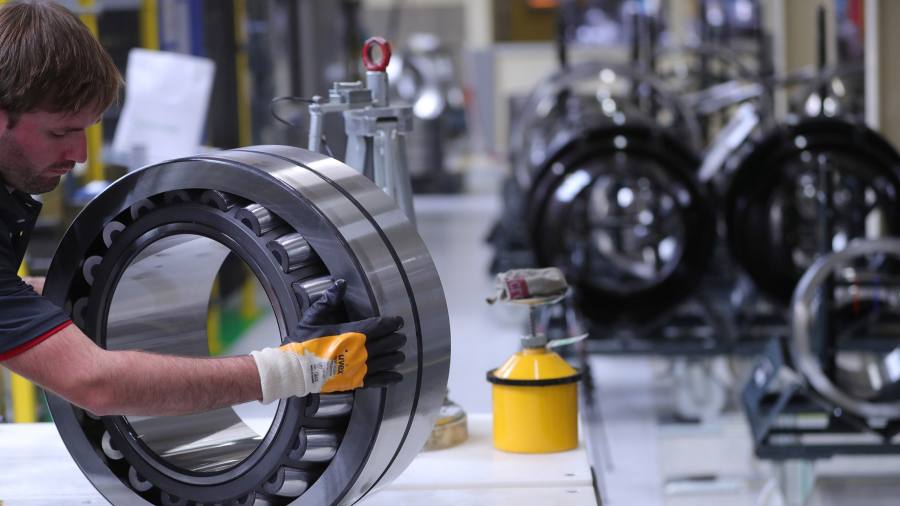
German components maker Schaeffler plans to cut 1,300 jobs, as one of the world’s largest family companies struggles to adapt to a world where cars are powered by batteries rather than combustion engines.
The Bavarian company said on Tuesday that the job losses, representing just under 2 per cent of its global workforce, would target its automotive technologies unit. The cuts, which will mainly affect its German sites, were expected to save €100mn annually starting in 2026.
The company’s shares were up nearly 10 per cent on Tuesday morning, having fallen nearly 15 per cent in the past year.
“We are moving into an environment where being the technology leader is no longer enough,” said Matthias Zink, head of Schaeffler’s automotive technologies division. The switch to electric cars, he argued, was leading to a surplus of components for combustion engines — a speciality of German industry.
“The critical factor now is to have in place the competitive cost structures needed to . . . ensure that Schaeffler is fully geared for . . . electrification,” he added.
The European parliament has voted to, in effect, ban sales of new petrol and diesel cars in the bloc from 2035, a target challenged by Germany. The UK has said it would ban the sale of new petrol and diesel cars from 2030, with some hybrid models allowed to be sold until 2035.
The transition has inflicted pain on engine component makers such as Schaeffler, Continental and Bosch, which have together warned of more than tens of thousands of job cuts in recent years.
Continental revealed plans two years ago to cut up to 30,000 jobs, or roughly 13 per cent of its workforce, as it cited lower demand for its products among carmakers.
Billionaire duo Maria-Elisabeth Schaeffler-Thumann and her son Georg, the heirs of Schaeffler, also hold a 46 per cent stake in Continental.
Schaeffler on Tuesday confirmed its full-year guidance for 2022. It expects revenues to grow between 6 per cent and 8 per cent and adjusted earnings before interest and taxes to be 5-7 per cent higher than last year.